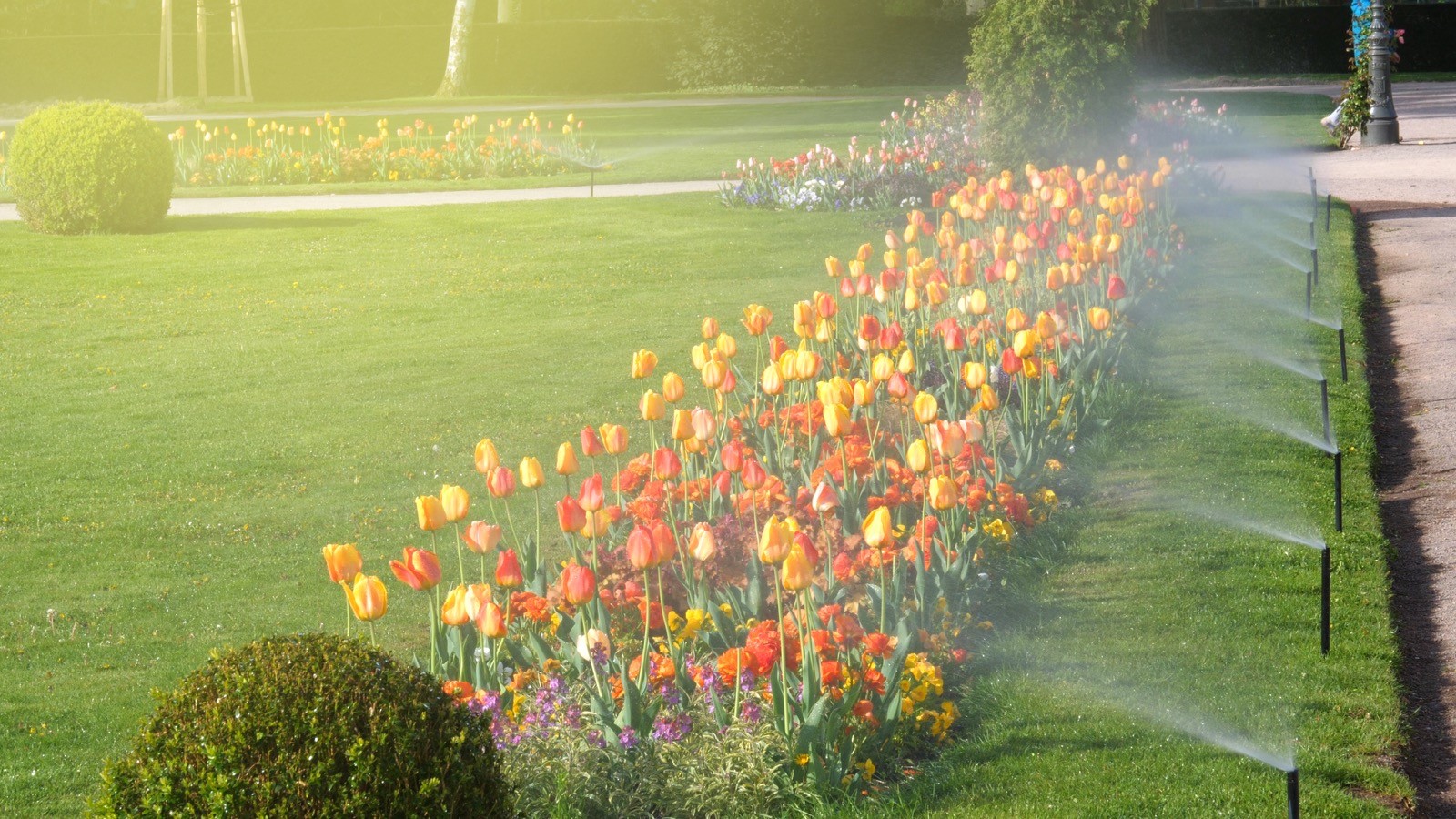
4 Reasons Why Green Spaces Are Vital and How to Help Them Thrive
Need to clear your head or alleviate stress? Maybe your favorite spot to take a mental break is your local park, especially if you live in an urban area.
It’s not abnormal – we’ve all been told to get outside regularly and enjoy the fresh air when our minds are overstimulated – but what you may not know is that these green spaces can do more than boost your attitude, they can provide tangible benefits for your health and the environment.
What exactly is a green space?
According to the EPA, green spaces exist within urban landscapes as pieces of land that are partially or completely covered with grass, trees, shrubs or other vegetation. Examples include parks, gardens, green belts, educational campuses, common land, woods, nature reserves and more.
Why are green spaces so important for communities?
Besides being aesthetically appealing, green spaces come with a host of benefits for cities and their inhabitants. With contemporary lifestyles contributing to issues like climate change, mental illness and obesity on a global scale, connecting with and preserving nature is needed now more than ever.
Here are just a few of the benefits we (and our planet) get from green spaces:
(1) Higher physical activity levels
Communities that have green spaces typically correspond with a significant percentage of citizens who use that space for exercise, as it provides a free or cost-effective method for physical exertion.
Studies have shown that, when that green space is used for at least two hours per week, it can result in more favorable levels of health and well-being. This doesn’t just affect the body, it can positively impact your wallet, too. Better health typically means less spending on healthcare and increased financial security.
(2) Reduced rates of mental illness
A study conducted by Denmark’s University of Aarhus found that children who grow up around green space are less likely to have psychiatric disorders, such as depression, anxiety and substance abuse, in their teen years and into adulthood. This relates to the above point – green spaces encourage exercise – while also promoting social interaction, decreased noise and exposure to beneficial microbiota. And it’s not just kids who benefit, either. Adults who spend more time outdoors are less prone to suffering from mental illness.
(3) Increased property values
Who doesn’t love a tree-lined street? Add a park and maybe a garden or two, and you’ve got some hot real estate on your hands. Of course, this greatly impacts urban areas, which have less easy access to green spaces, but it affects suburban areas as well. No one wants to live in a concrete jungle.
(4) Environmental protection
There are myriad ways green spaces contribute to enhanced environmental protection. For starters, temperatures in cities are warmer than nearby suburban and rural areas because concrete can’t absorb heat the way plants and grass can.
When concrete and other surfaces are overly heated, that heat is transferred to the rainwater, which drains into sewers and, in return, is released into streams, lakes and rivers. This increase in water temperature can be stressful or even fatal for marine life along with other notable consequences.
When cities have green spaces, extreme temperature shifts are regulated and water supplies protected. The green space also absorbs harmful particles, gases and industrial emissions, reducing air pollution.
How to create sustainable green spaces
As someone who works in the industry, you understand how important smart irrigation practices are for the creation and successful management of green spaces.
Smart irrigation systems and controllers promote healthy growth by determining the precise amount of water needed without creating over-consumption. These systems optimize water usage by adjusting irrigation schedules based on real-time data, which helps conserve water resources and reduces the strain on local water supplies, particularly in areas where water scarcity is a concern. By efficiently managing water usage, smart irrigation systems can lead to reduced utility bills and minimized plant damage and loss.
Many smart irrigation systems also offer remote monitoring and control features. These systems can be accessed and managed through mobile apps or web-based platforms. This allows property managers or landscape professionals to monitor irrigation systems, detect issues such as leaks or malfunctions, and make quick adjustments from a centralized location. Remote monitoring and control enable proactive maintenance, ensuring that green spaces receive the necessary care and attention for long-term sustainability.
Of course, these smart irrigation systems won’t work without the right wire. That’s where we come in. Paige offers valve control wires for both conventional and two-wire control irrigation systems. Only high-quality wires such as these can effectively connect a smart controller to the operation of the system.
Plus, when you work with us, you’re not only getting top tier products at a competitive price, but you’re also getting customized solutions that save time and money. We handle the development, design and testing of all your products, and our in-house engineering experts will provide valuable project support from start to finish. That includes technical support to size products properly and training resources that’ll make installation a breeze.
Paige has been in the wire and cable industry for 65 years, and we’ll be here for many more. With multiple distribution channels and the highest level of customer service, we offer an experience that can’t be beat.
